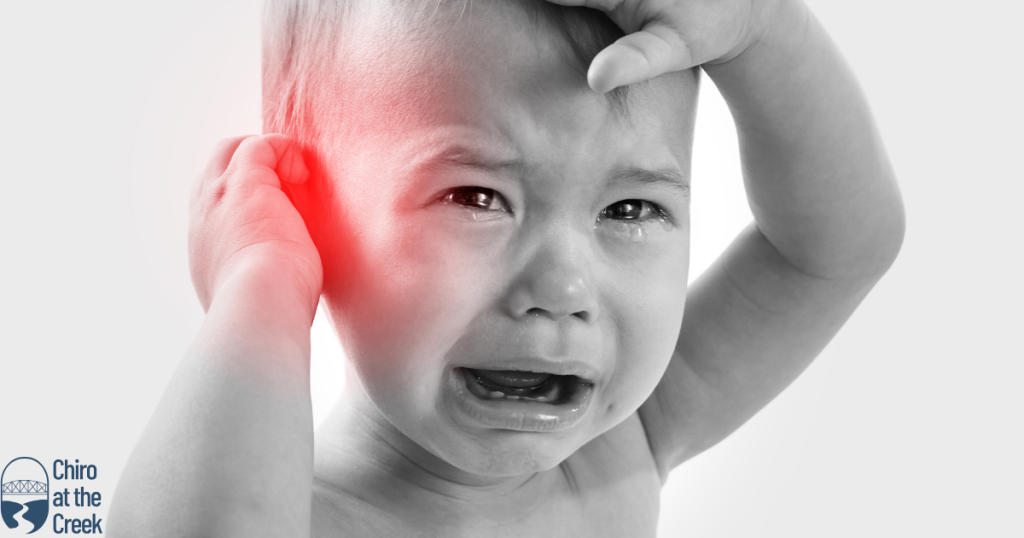Introduction: Understanding the Role of Chiropractic Interventions in Depression Treatment
Depression is a prevalent mental health condition that affects millions of people worldwide. Traditional treatment approaches for depression often involve medication and psychotherapy. However, there is growing interest in alternative therapies, such as chiropractic interventions, as a complementary or alternative treatment option for depression. Chiropractic care focuses on the relationship between the spine and the nervous system, aiming to restore proper alignment and function. This article will review key research findings on the efficacy of chiropractic interventions for depression and explore the mechanisms of action behind their impact on mental health.
Key Research Findings: Efficacy of Chiropractic Interventions for Depression
Several studies have investigated the effectiveness of chiropractic interventions in reducing depressive symptoms. A systematic review published in the Journal of Alternative and Complementary Medicine analyzed 26 studies and found that chiropractic care was associated with significant improvements in depression scores. The review concluded that chiropractic interventions could be a valuable adjunctive therapy for individuals with depression.
One study conducted by researchers at the University of Miami School of Medicine examined the effects of chiropractic care on patients with major depressive disorder. The study found that participants who received chiropractic interventions experienced a significant reduction in depressive symptoms compared to those who received a placebo treatment. These findings suggest that chiropractic care may have a direct impact on mood regulation and can be an effective treatment option for depression.
Another study published in the Journal of Manipulative and Physiological Therapeutics investigated the effects of chiropractic adjustments on individuals with depression and anxiety. The study found that participants who received chiropractic care reported significant improvements in both depressive and anxiety symptoms. These results indicate that chiropractic interventions may have a broader impact on mental health beyond just depression.
Mechanisms of Action: Exploring How Chiropractic Interventions Impact Depression
The mechanisms through which chiropractic interventions impact depression are not yet fully understood. However, several theories have been proposed. One theory suggests that misalignments in the spine, known as subluxations, can disrupt the communication between the brain and the body, leading to imbalances in neurotransmitters and mood regulation. Chiropractic adjustments aim to correct these subluxations, restoring proper nerve function and potentially improving depressive symptoms.
Another proposed mechanism is the release of endorphins and other feel-good hormones during chiropractic adjustments. Research has shown that spinal manipulation can stimulate the release of endorphins, which are natural painkillers and mood enhancers. This release of endorphins may contribute to the reduction of depressive symptoms and the overall improvement in mood observed in individuals receiving chiropractic care.
Furthermore, chiropractic interventions may also have indirect effects on depression by addressing physical symptoms commonly associated with the condition. Chronic pain, fatigue, and sleep disturbances are often experienced by individuals with depression. Chiropractic care can help alleviate these symptoms by reducing inflammation, improving spinal alignment, and promoting better overall health. By addressing these physical symptoms, chiropractic interventions may indirectly improve depressive symptoms and enhance overall well-being.
Conclusion: Implications and Future Directions for Chiropractic Interventions in Depression Treatment
The research findings discussed in this article suggest that chiropractic interventions can be an effective treatment option for individuals with depression. The evidence indicates that chiropractic care can lead to significant improvements in depressive symptoms and overall mental health. However, it is important to note that chiropractic interventions should not replace traditional treatments for depression but rather be used as a complementary approach.
Future research should focus on conducting large-scale randomized controlled trials to further investigate the efficacy of chiropractic interventions for depression. Additionally, studies exploring the long-term effects of chiropractic care on depressive symptoms and the optimal frequency and duration of treatment are needed.
In conclusion, chiropractic interventions show promise as a complementary treatment option for individuals with depression. The research findings suggest that chiropractic care can lead to significant improvements in depressive symptoms and overall mental well-being. By understanding the mechanisms of action behind chiropractic interventions, healthcare professionals can better integrate these therapies into comprehensive treatment plans for individuals with depression.













